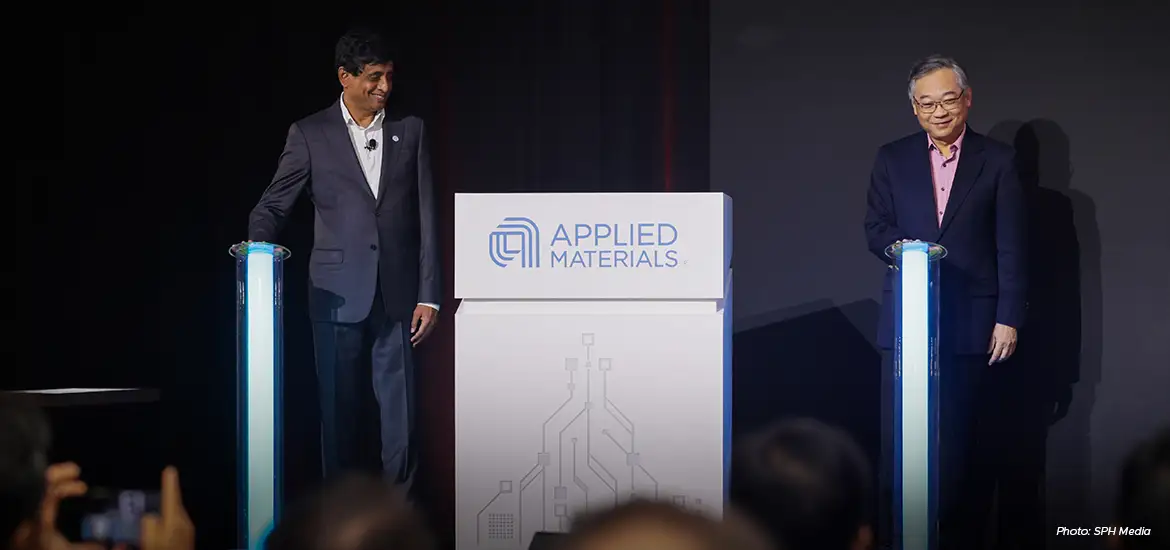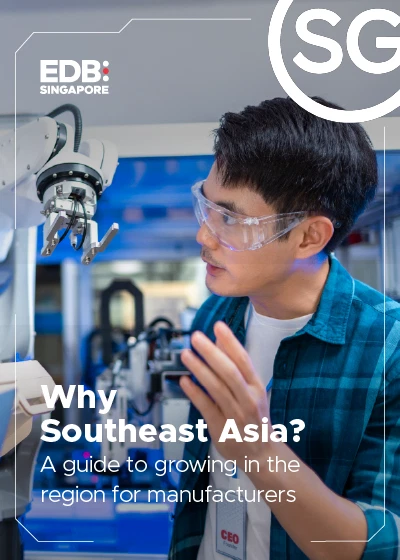Applied Materials, the largest US maker of chip-manufacturing equipment, launched an initiative to bring together firms from across the semiconductor industry in Singapore to accelerate technologies for energy-efficient computing.
The initiative – named Equipment and Process Innovation and Commercialisation (EPIC) Advanced Packaging Platform – will encourage alliances between equipment makers, material providers, device companies, and research institutes.
The partnerships will focus on accelerating the commercialisation of advanced chip-packaging technologies that promise more energy-efficient system performance.
Data centres worldwide are struggling to meet the immense computational demands of artificial intelligence (AI) and generative AI (GenAI) workloads, straining power grids.
In a recent report, consultant Gartner predicted a 160 per cent increase in data centre energy consumption over the next two years, driven by AI and GenAI.
Applied Materials said the dramatic rise in the number of connected devices and the emergence of AI are creating tremendous growth opportunities for the chip industry. But the industry is also confronting several challenges, foremost of which is the exponential increase in energy consumption fuelled by the intense computing power required to support the growth of AI.
In response, chipmakers and system designers are increasingly turning to advanced packaging – integration of separately manufactured chips – to achieve more energy-efficient performance.
However, the need to develop multiple technologies simultaneously creates challenges for computer and software system designers, who must navigate a complex array of solution paths and packaging methods.
This increased complexity adds additional risk, time, and cost to chipmakers, said Applied Materials. Hence, there is a clear need for increased collaboration across this complicated ecosystem.
To kick off the initiative, Applied Materials convened more than two dozen top research and development (R&D) leaders from the semiconductor industry and research institutes at a summit held at the Grand Hyatt Singapore on 19 Nov.
Dr Prabu Raja, the Santa Clara-based president of the semiconductor products group at Applied Materials, said the firm’s strategy with the Epic Advanced Packaging Platform is to drive co-innovation and change the way foundational packaging technologies are developed and commercialised.






